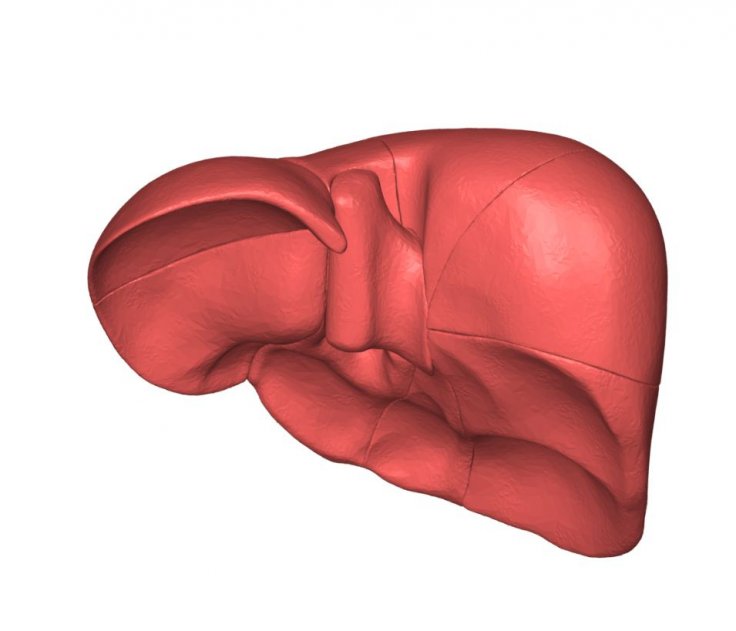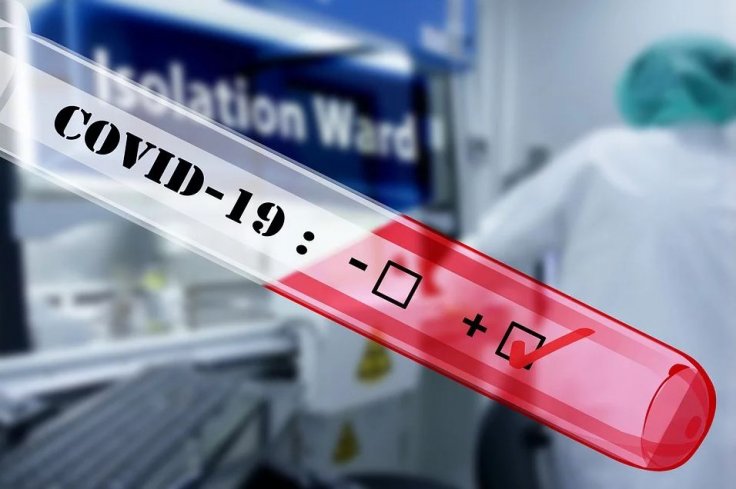A study published in the journal Hepatology has found that individuals suffering from COVID-19 showed abnormal liver tests at rates significantly higher rates than those suggested by previous studies. According to researchers from the Yale Liver Center, higher levels of liver enzymes—proteins that are released when damage is caused to the liver—were connected to poorer outcomes, including mechanical ventilation, ICU admission, and death.
Dr. Joseph Lim, senior author of the study, "We observed a strong association between the use of COVID-19 medications and abnormal liver tests." He added that the team was unable to confidently establish that the abnormal tests were a result of "drug-induced liver injury" as against the disease.
US Patients May Be at Higher Risk

Previous studies in China found that approximately 15 percent of patients with COVID-19 had abnormal liver tests. The Yale study, which looked retrospectively at 1,827 COVID-19 patients who were hospitalized in the Yale-New Haven Health system between March and April, found that the incidence of abnormal liver tests was much higher -- between 41.6 percent and 83.4 percent of patients, depending on the specific test.
In all, the Yale researchers examined five liver tests, looking at factors such as elevations in aspartate aminotransferase (AST) and alanine transaminase (ALT), which indicate liver cell inflammation; an increase in bilirubin, which indicates liver dysfunction; and increased levels of alkaline phosphatase (ALP), which may indicate inflammation of bile ducts.
Although, the researchers do not know why the incidence of abnormal liver tests was so much higher than in previous studies from China. Lim said other health differences between the Chinese and US populations could account for it. "We can speculate that US patients may have an increased rate of other risk factors such as alcoholic or non-alcoholic fatty liver disease," he said.
Strong Link Observed

Liver disease is widespread in the US population. Dr. Michael Nathanson, the Gladys Phillips Crofoot Professor of Medicine (digestive diseases), professor of cell biology, director of the Yale Liver Center, and a co-author of the study, said: "In the US, close to one-third of people have fatty liver disease, and several million people have chronic hepatitis B or C."
Because the Yale researchers had access to patients' health records, they were also able to look at their liver tests prior to being diagnosed with COVID-19. Approximately one-quarter of patients in the study had abnormal liver tests prior to being admitted for the virus.
But regardless of whether patients came to the hospital with existing liver problems or developed them during their COVID-19-related hospitalization, a strong association was observed between abnormal liver tests and the severity of the COVID-19 cases, the researchers said.
Connection Between Medication and Liver Damage
Rather than the liver itself driving poorer outcomes in COVID-19 patients, the organ is more likely "a bystander" affected by the hyper inflammation associated with COVID-19 and by the side effects of related treatments, Nathanson said. The study noted a relationship between drugs used to treat severe COVID-19 and liver damage, most significantly the drug tocilizumab.
The researchers have additional clinical and lab-based studies underway to further understand COVID-19's impact on liver pathology. Nathanson noted that as one of only four National Institutes of Health-sponsored liver centers in the country, the Yale Liver Center is uniquely positioned to advance this research.
(With inputs from agencies)









